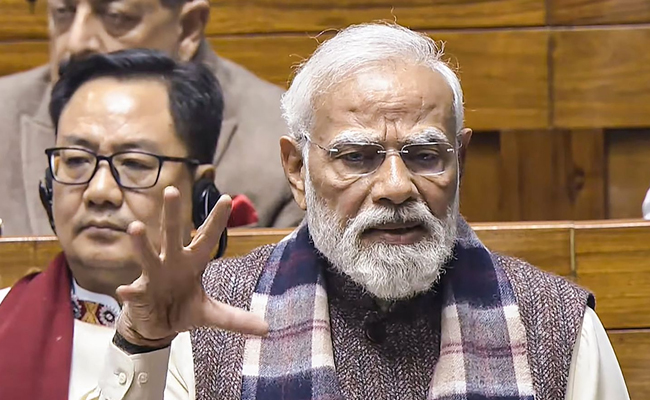Hong Kong, Nov 3: Yahoo Inc. said Tuesday it has pulled out of China, citing an increasingly challenging operating environment.
The withdrawal was largely symbolic, as many of the company's services were already blocked by China's digital censorship. But recent government moves to expand its control over tech companies generally, including its domestic giants, may have tipped the scales for Yahoo.
In recognition of the increasingly challenging business and legal environment in China, Yahoo's suite of services will no longer be accessible from mainland China as of November 1, the company said in a statement. It said it remains committed to the rights of our users and a free and open internet.
The company's move comes as the American and Chinese governments feud over technology and trade. The U.S. has put restrictions on telecom giant Huawei and other Chinese tech companies, alleging that they have ties with China's government, military or both. China says the U.S. is unfairly suppressing competition and trying to block China's technological rise.
Yahoo is the latest foreign tech company to exit China. Google gave up several years ago, and Microsoft's professional networking platform LinkedIn said last month it would shutter its Chinese site, replacing it with a jobs board instead. The departures illustrate the choices internet companies face in a huge potential market, but one where the government requires them to censor content and keywords deemed politically sensitive or inappropriate.
In their place, Chinese companies have filled the void, creating an alternative internet with its own digital giants. The Baidu search engine has largely replaced Yahoo and Google in China, and WeChat and Weibo are the leading social media platforms.
Yahoo's departure coincided with the implementation of China's Personal Information Protection Law, which limits what information companies can gather and sets standards for how it must be stored.
Chinese laws also stipulate that companies operating in the country must hand over data if requested by authorities, making it difficult for Western firms to operate in China as they may also face pressure back home over giving in to China's demands.
Yahoo was harshly criticized by lawmakers in the U.S. in 2007 after it handed over data on two Chinese dissidents to Beijing, eventually leading to their imprisonment.
Yahoo had previously downsized its operations in China, dropping a music and email service in the early 2010s and shuttering its Beijing office in 2015. Anyone who tried to access Engadget China, a tech news site that it had continued to operate, was greeted Tuesday with a popup saying the site would no longer publish content.
China has also blocked most international social media sites and search engines, such as Facebook and Google. Some users in China circumvent the block by using a virtual private network (VPN) that masks who you are and where you are logging in from.
Verizon Communications Inc. acquired Yahoo in 2017 and merged it with AOL, but later sold the entity off to private equity firm Apollo Global Management in a 5 billion deal. Apollo announced in September that its acquisition of Yahoo was complete.
Let the Truth be known. If you read VB and like VB, please be a VB Supporter and Help us deliver the Truth to one and all.
Bhopal (PTI): On the first day of the commercial run of the Metro services in Bhopal on Sunday, hundreds of residents enthusiastically took rides, expressing confidence that it will save time and provide relief from traffic jams.
An official said that the Metro’s first service began at 9 am from the AIIMS station, and by 6 pm, 5,731 people had travelled on the new mass-transit corridor.
He said that people, along with their family members, had been lining up for tickets since early morning. Several users were seen taking selfies and photos inside the Metro rakes and at stations.
ALSO READ: Snowfall blocks two key roads providing alternative connectivity to Kashmir
Earlier on Saturday, Union minister Manohar Lal Khattar and Madhya Pradesh Chief Minister Mohan Yadav inaugurated the Metro service by flagging off a train from Subhash Nagar station on a 7.5-kilometre stretch, called the “Priority Corridor”.
With this, Bhopal became the 26th city in the country and the second city in Madhya Pradesh, after Indore, to have the Metro service.
Rao Singh, who took a Metro ride, told PTI Videos that besides saving time and money, the new mode of transport will provide relief from traffic jams and pollution.
Another passenger, who identified himself as Chetan, said he was happy that Bhopal is now on the “Metro list”.
Office-goers will benefit a lot due to the Metro service, said a young man named Akshay.
While the estimated cost of the 30.8-km-long Bhopal Metro project is Rs 10,033 crore, a sum of Rs 2,225 crore was spent on the ‘Priority Corridor’, according to officials.





